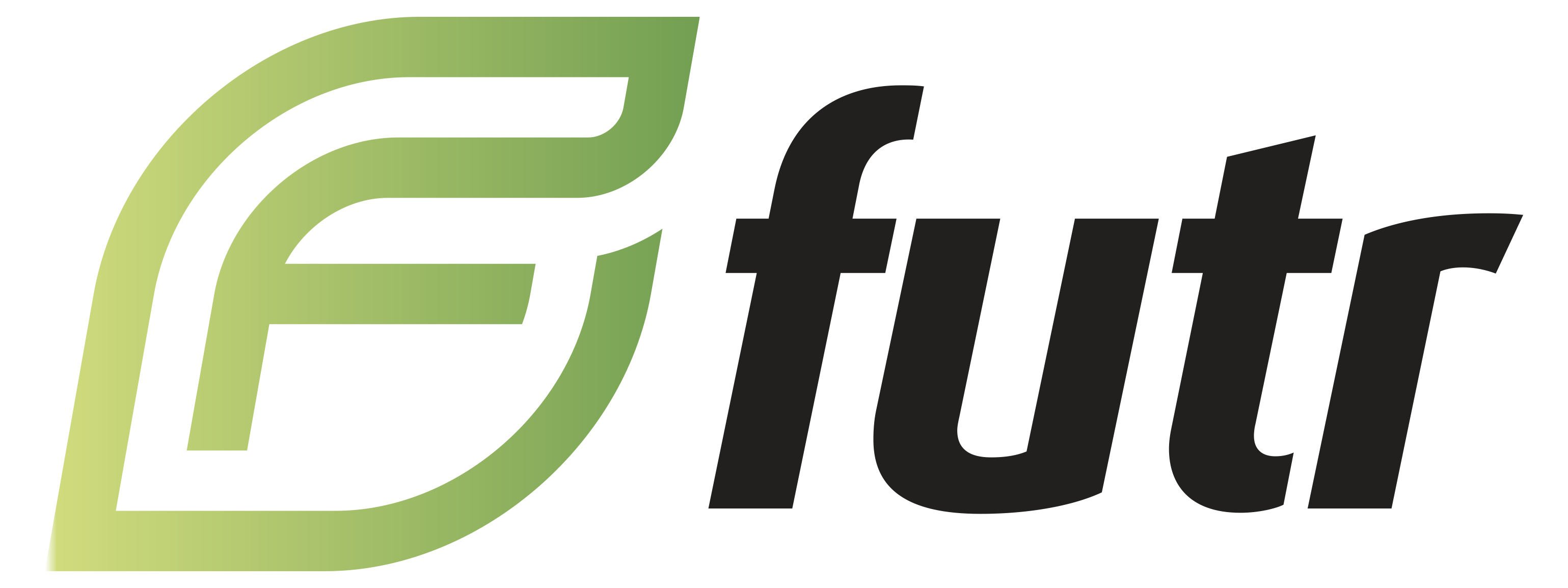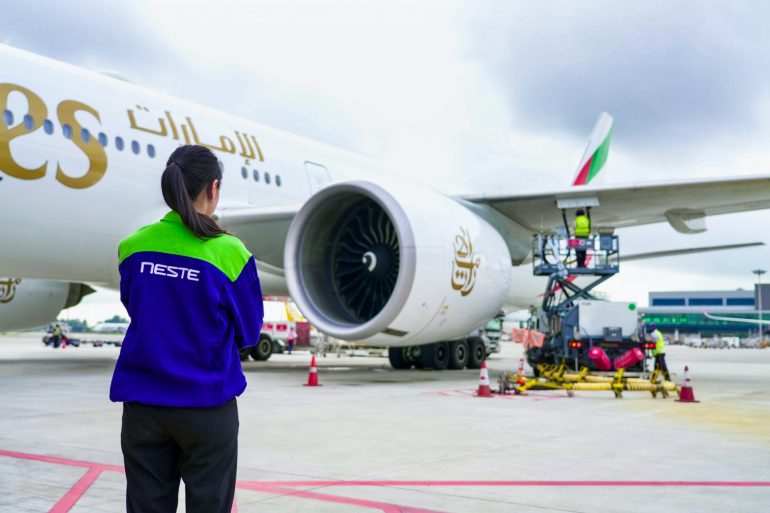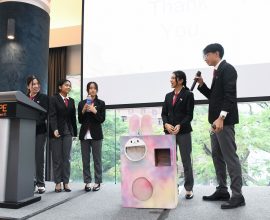Emirates has taken a step in sustainability by using sustainable aviation fuel (SAF) in its flights departing from Singapore Changi Airport.
This move marks Emirates’ first SAF investment in Asia, injecting approximately 3.3 million litres of blended SAF into Changi’s fuelling system over the past few weeks.
You might wonder, what exactly is SAF? Well, it’s produced from sustainably sourced and 100% renewable waste and residue raw materials, such as used cooking oil and animal fat waste.
This green fuel can be safely used in existing Emirates aircraft and airport fuelling infrastructure, reducing lifecycle carbon emissions (CO2) by up to 80% compared to conventional jet fuel.
Emirates is meticulously tracking the delivery and integration of SAF into the fuelling systems, using widely accepted industry methodologies to account for and assign its environmental benefits.
This isn’t their first rodeo with SAF either; earlier this year, they collaborated closely with Neste to supply 2.6 million litres of neat SAF to Amsterdam Schiphol airport’s fuelling system.

Adel Al Redha, Deputy President and Chief Operations Officer of Emirates, expressed the airline’s enthusiasm: “Emirates’ investment into Neste-produced SAF in Singapore marks a first step forward in our SAF adoption in Asia, a region that is primed to become a leading supplier of SAF, which continues to be in short supply.”
Alexander Kueper, Vice President of Renewable Aviation Business at Neste, echoed this sentiment: “We are excited Emirates has started using our Neste MY Sustainable Aviation Fuel at Changi Airport as the next step in our cooperation. It makes Emirates the first international visiting carrier using SAF at the airport produced at our Singapore refinery and supplied into the airport via our integrated supply chain.”
Currently, Emirates operates flights from Amsterdam, London Heathrow, Paris, Lyon, and Oslo with SAF. The airline also integrated SAF into the fuelling systems at its Dubai hub late last year. As it stands, SAF is approved for use in all aircraft but only in blends of up to 50% with conventional jet fuel.
The airline has also committed USD 200 million to research and development (R&D) projects aimed at reducing the impact of fossil fuels in commercial aviation.
Check out more news articles on Futr here!






